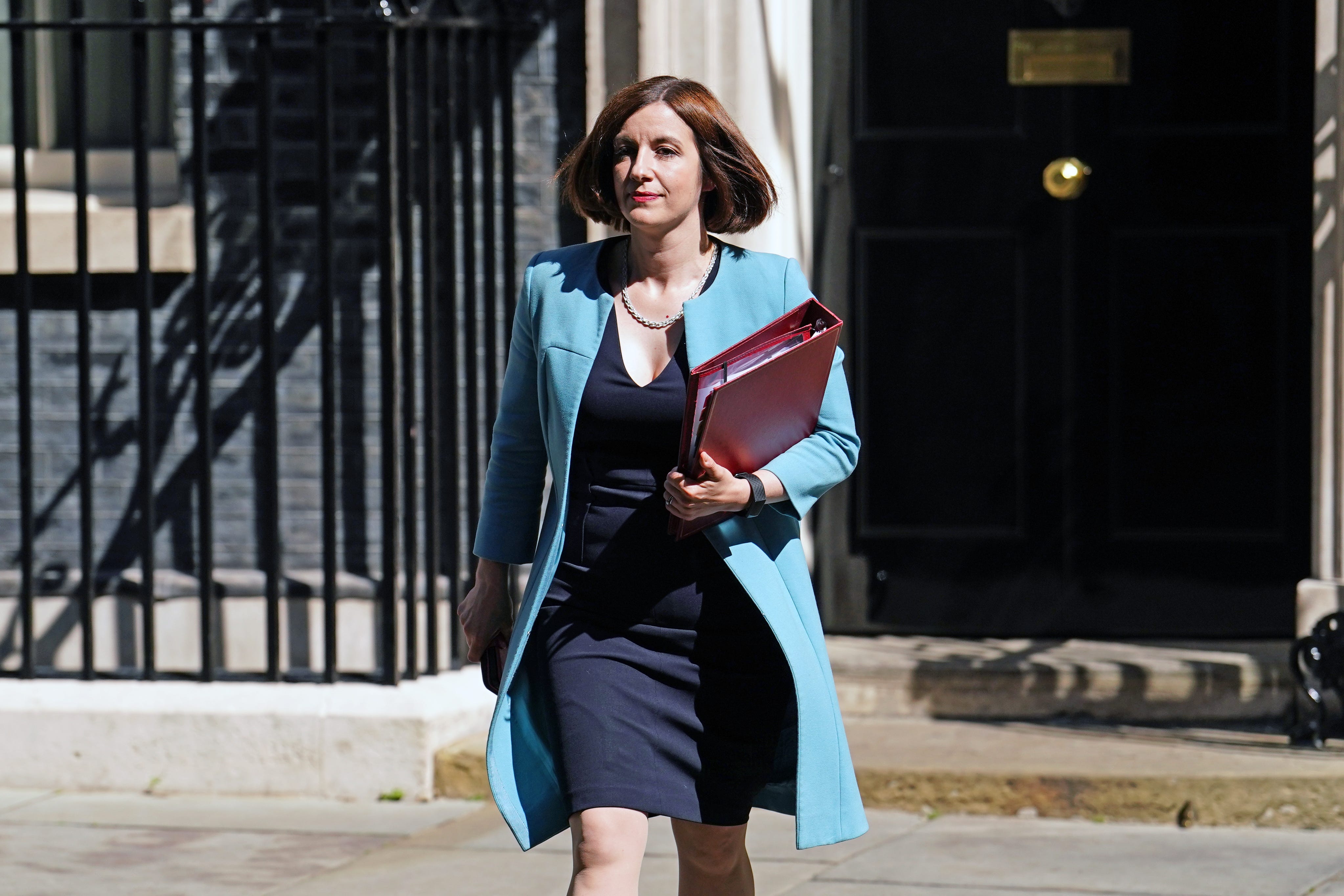School leaders call on ministers to scrap ‘poverty-producing’ two-child benefit cap
Sir Keir Starmer’s government has been under pressure to scrap the two-child benefit cap
Your support helps us to tell the story
From reproductive rights to climate change to Big Tech, The Independent is on the ground when the story is developing. Whether it's investigating the financials of Elon Musk's pro-Trump PAC or producing our latest documentary, 'The A Word', which shines a light on the American women fighting for reproductive rights, we know how important it is to parse out the facts from the messaging.
At such a critical moment in US history, we need reporters on the ground. Your donation allows us to keep sending journalists to speak to both sides of the story.
The Independent is trusted by Americans across the entire political spectrum. And unlike many other quality news outlets, we choose not to lock Americans out of our reporting and analysis with paywalls. We believe quality journalism should be available to everyone, paid for by those who can afford it.
Your support makes all the difference.School leaders, governors and teachers have called on the education secretary to scrap the “poverty-producing” two-child benefit cap.
In a letter to Bridget Phillipson, major unions and associations - who together represent hundreds of thousands of workers - have called for the cap to be abolished in the upcoming Autumn Budget.
The move will pile further pressure on Sir Keir Starmer’s government to lift the cap, which prevents parents from claiming child tax credit or universal credit for more than two children.
Chancellor Rachel Reeves has previously said she would not abolish the limit as it would “cost more than £3bn a year”, adding: “We are not going to make spending commitments without being able to say where the money is going to come from.”
Scrapping the policy would lift an estimated 300,000 children out of poverty, according to the Child Poverty Action Group.
In their letter to Ms Phillipson, school leaders said “classrooms are filled with children who are hungry, tired, and lacking the resources and equipment they need to succeed in their education”.

The letter is signed by the Association of School and College Leaders, the National Education Union, the National Governance Association, the Child Poverty Action Group, the Centre for Education and Youth, Children North East and the Sutton Trust.
It continued: “[Children] are also anxious and distracted by money worries at home as pressures on household budgets endure. For too long now we have seen the ways in which child poverty is having a detrimental effect on the wellbeing, attainment and attendance of children and young people, and it is becoming ever more impossible for schools to mitigate this.”

They said that scrapping the benefit cap would “transform the life chances of the almost 1.6 million children affected by the policy across the UK”.
The government has been under pressure to remove the cap from MPs within the Labour Party. Sir Keir decided to suspend seven Labour MPs after they voted against the government to scrap the policy in July.
Former chancellor John McDonnell, who was one of the MPs suspended, had told The Independent scrapping the two-child cap was a “defining issue for the new Labour government” that would show “whether it can combine compassion with practical policy making”.
Education secretary Ms Phillipson and work and pensions secretary Liz Kendall announced a new child poverty task force to look at policy solutions to increasing poverty - however, campaigners have questioned its usefulness if scrapping the child benefit cap is off the table.
In their letter to Ms Phillipson, education leaders and unions said they would welcome the chance to contribute to the work of the task force.
They added: “As school staff and education professionals, we need assurance that you will start to lift the heavy burden of poverty from our children and our classrooms this autumn. One in nine children is now affected by the two-child limit.
“Without action, more than 60 per cent of children in families with three or more children will be affected by the policy by the time it is fully rolled out and our school system will be stretched beyond repair.”
A government spokesperson said: “No child should be in poverty – that’s why our new cross-government taskforce will develop an ambitious strategy to reduce child poverty and give children the best start in life.
“Alongside this urgent work, we will roll out free breakfast clubs in all primary schools while delivering on our plan to grow the economy and make work pay for hardworking families in every part of the country.”

Join our commenting forum
Join thought-provoking conversations, follow other Independent readers and see their replies
Comments